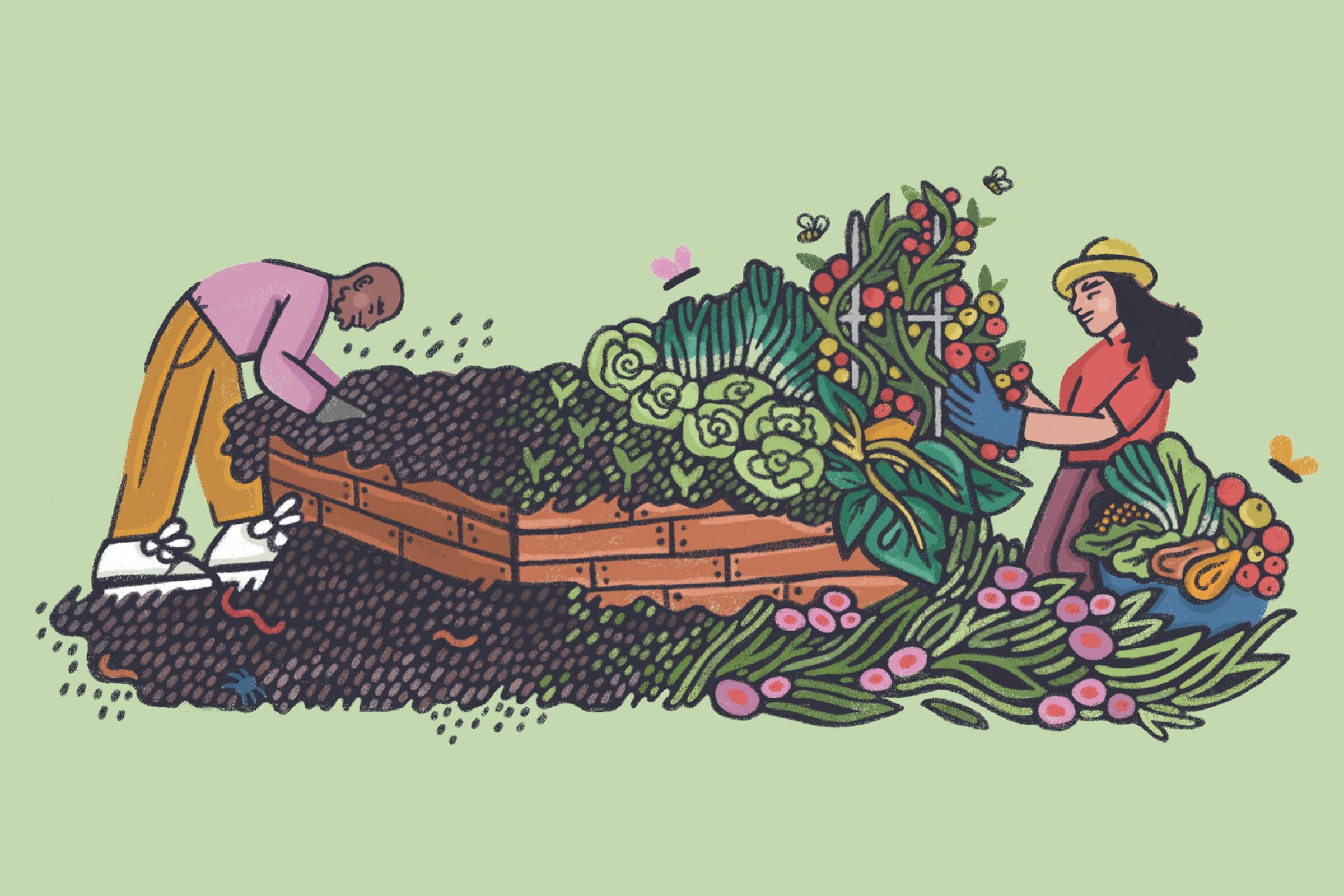Sign up for The Wild
We’ll help you find the best places to hike, bike and run, as well as the perfect silent spots for meditation and yoga.
You may occasionally receive promotional content from the Los Angeles Times.

Composting can be a daunting task, but it doesn’t have to be. Separating food waste is a win-win for anyone who likes to breathe and eat food.
If you have a yard, you can compost easily. If you don’t, you can still compost in a small designated space. In California, you might hear people talking about composting more frequently. Why? Because a new law requires Californians to recycle their food scraps and other leftovers.
Senate Bill 1383, which went into effect Jan. 1, mandates that local jurisdictions create a way for households to separate vegetable trimmings, fruit peels, eggshells and other food and yard “waste” from landfill garbage and use it instead to create compost, mulch or biofuels. Here’s what else you need to know about the state’s new composting law.
But what is composting? What can you — and can’t you — compost? How can you learn more about it? We’re here to help.
Sign up for The Wild
We’ll help you find the best places to hike, bike and run, as well as the perfect silent spots for meditation and yoga.
You may occasionally receive promotional content from the Los Angeles Times.